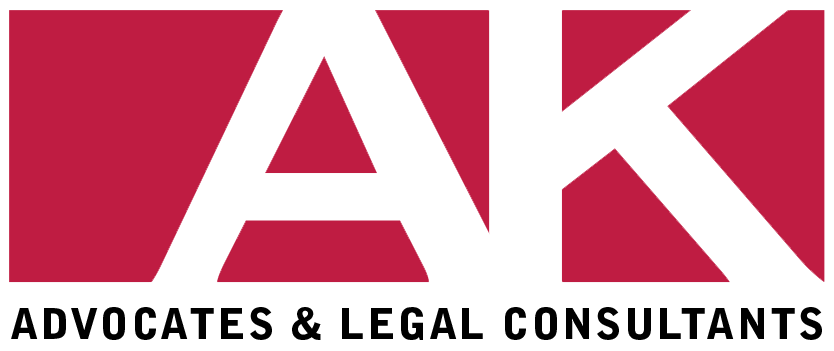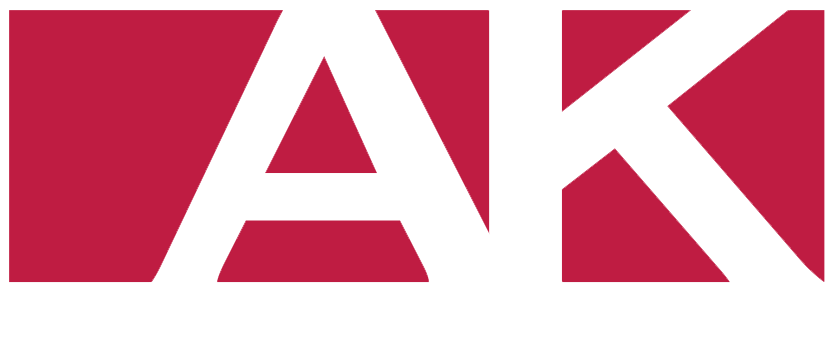The Framework of Intellectual Property Protection in Israel
A Legal Analysis
By: Adv. Assaf Kriel (L.L.B, M.B.A, C.I.A, IntArb)
AK & Co. (Israel)
Israel's intellectual property regime has emerged as a cornerstone of its innovation ecosystem, offering robust protection mechanisms that align with international standards while maintaining distinctive features that reflect the nation's unique economic and technological landscape. This analysis examines the current state of intellectual property law in Israel, focusing on its structural framework, enforcement mechanisms, and international implications for rights holders.
The Israeli intellectual property system operates through a sophisticated multi-tiered structure encompassing various forms of intellectual property protection. At its foundation lies a comprehensive legislative framework that governs patents, trademarks, copyrights, and trade secrets, each with its distinct registration and enforcement mechanisms administered by specialized governmental bodies.
In the realm of patent protection, the Israel Patent Office serves as the primary authority for patent registration and administration. The patent system provides inventors with exclusive rights to their innovations for a limited period, subject to meeting the stringent criteria of novelty, inventive step, and industrial applicability. The registration process demands meticulous documentation, including detailed technical specifications and claims that define the scope of protection sought.
Trademark protection in Israel operates under a framework that emphasizes the preservation of distinctive commercial identifiers. The Israel Trademark Office oversees the registration process, which involves a rigorous examination of proposed marks for distinctiveness and potential conflicts with existing registrations. The system provides protection for various forms of marks, including traditional word marks, logos, and, increasingly, non-traditional marks such as sounds and three-dimensional shapes.
Copyright protection in Israel presents unique characteristics that distinguish it from other jurisdictions. While registration is not mandatory for copyright protection, the Israel Copyright Office provides a voluntary registration system that can offer significant advantages in enforcement scenarios. The protection extends automatically to original works of authorship, encompassing literary, artistic, dramatic, and musical works, as well as computer software and databases.
Trade secret protection in Israel relies primarily on practical security measures and contractual arrangements rather than formal registration. The legal framework recognizes the value of confidential business information and provides remedies against misappropriation, provided the information holder has implemented reasonable measures to maintain secrecy.
The enforcement landscape for intellectual property rights in Israel offers multiple avenues for rights holders to protect their interests. The court system, particularly through specialized intellectual property divisions, provides the primary forum for resolving disputes and enforcing rights. Israeli courts have demonstrated a sophisticated understanding of intellectual property matters and have developed a body of jurisprudence that balances the interests of rights holders with broader public policy considerations.
Alternative dispute resolution mechanisms, including mediation and arbitration, play an increasingly important role in resolving intellectual property disputes. These mechanisms often provide more efficient and cost-effective solutions, particularly in cases involving complex technical issues or international parties.
In the international context, Israel's intellectual property system interfaces effectively with global protection mechanisms. The country's participation in major international treaties, including the Paris Convention, Berne Convention, and TRIPS Agreement, ensures that rights holders can benefit from international protection while maintaining local safeguards. The Patent Cooperation Treaty (PCT) system facilitates international patent protection, while the Madrid System provides streamlined procedures for international trademark registration.
The role of specialized intellectual property law firms in Israel has become increasingly crucial in navigating this complex landscape. These firms provide essential services that extend beyond mere registration assistance to encompass strategic consultation, enforcement strategies, and international portfolio management. Their expertise is particularly valuable in crafting comprehensive protection strategies that account for both local requirements and international considerations.
Legal practitioners in this field must maintain a delicate balance between protecting their client's interests and fostering an environment conducive to innovation and fair competition. This involves not only understanding the technical aspects of intellectual property law but also appreciating its broader economic and social implications.
Conclusion
The future of intellectual property protection in Israel continues to evolve, driven by technological advancement and changing business needs. The legal framework demonstrates remarkable adaptability in addressing emerging challenges while maintaining the fundamental principles of intellectual property protection. This dynamic approach, combined with strong enforcement mechanisms and international cooperation, positions Israel's intellectual property system as a vital component of its innovation infrastructure.





